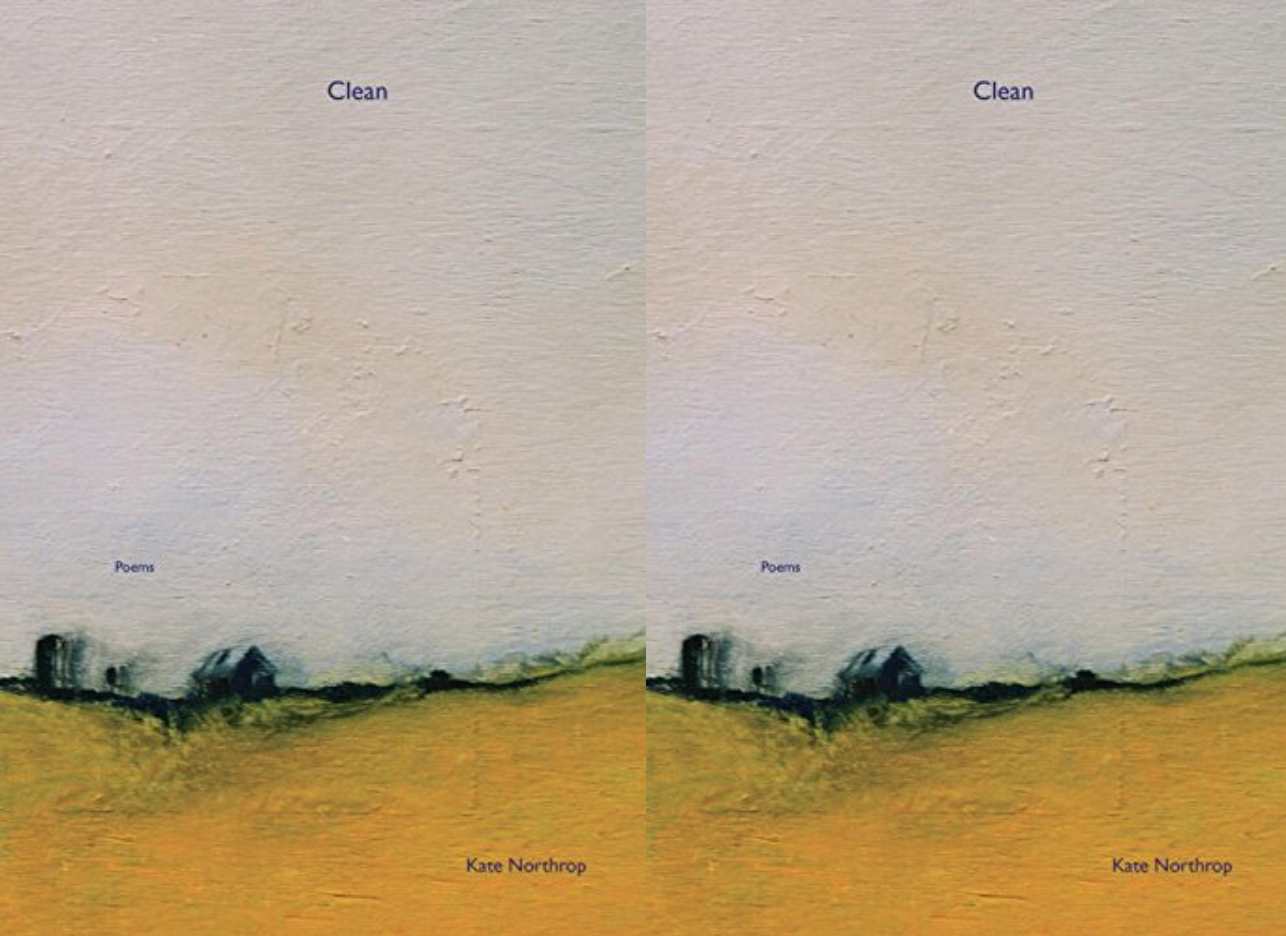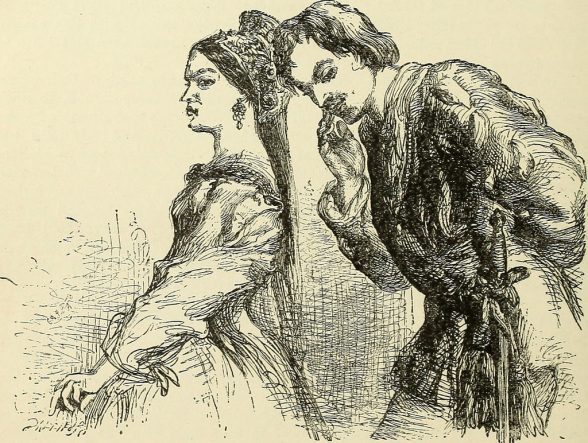Clean

Clean
Kate Northrop
Persea Books, August 2011
64 pages
$15.00
With intense clarity of image and spare language, Kate Northrop’s poems immediately lure you into intimacy; placed in a present, visual moment, and often addressed in second person, you are the one who is seeing.What’s most compelling and even haunting about Northrop’s work, though, is the sudden shifts from physical to psychic landscapes, as if there were no distinction between the two. Standing in the dark kitchen at night, “The beams of headlights/ Moving through the room/ Move through you” and the delphiniums in the garden make a sound that “you later will hear inside/ At night in your own voice.”
The poems are like the penumbra in painting, where light and shade blend: luminescent, exterior worlds transition into impenetrable, interior ones. And it is the combination of clarity and obscurity that create emotional resonance.
In the poem “Night,” Northrop slowly builds the scene, distilling and describing the night “which takes up the mountain/ And takes the pale road in.” You watch as darkness swallows the farthest house and the lights neighbors left in the pines. When the moon comes out, you see it illuminate what has been darkened.
Yet in the last three lines of the poem, the scene transforms into something else—a memory, a story, an emotional experience that insists on its mystery:
And the garden returns,
Clear as a voice you knew,
Someone you once loved, a sound
Both warmer now and cold
You do not actually know this voice, but simultaneously you do. You’ve experienced the night come and the moon light the garden, and now you feel its emotional significance. And yet you could not paraphrase the story behind the poem—it is perpetually present, taking the shape of the exterior world unfolding before your eyes.


